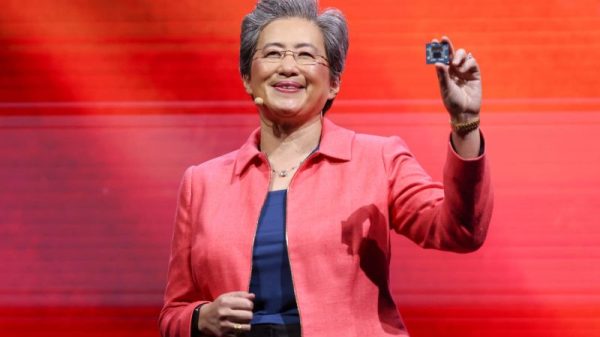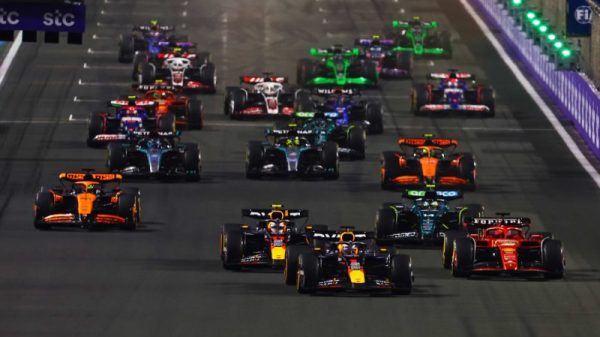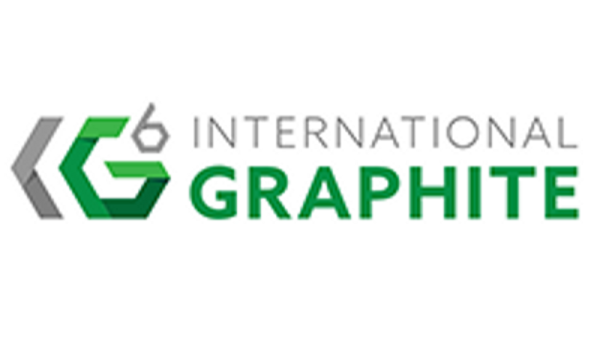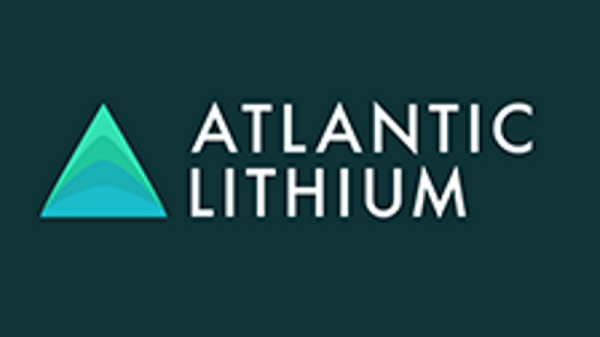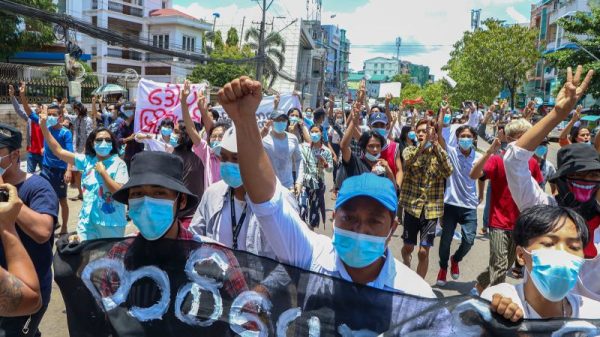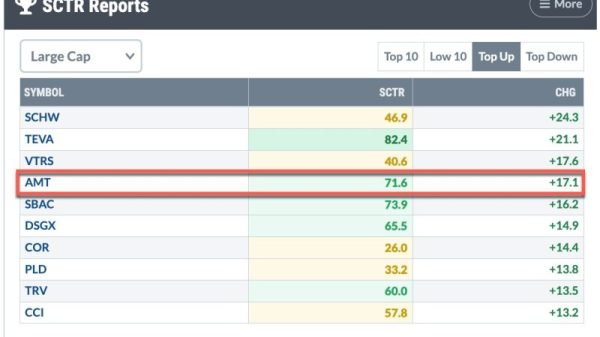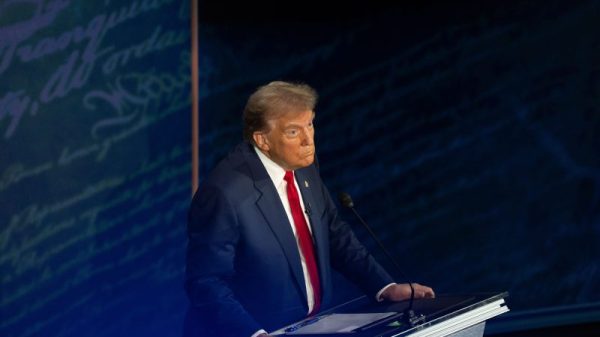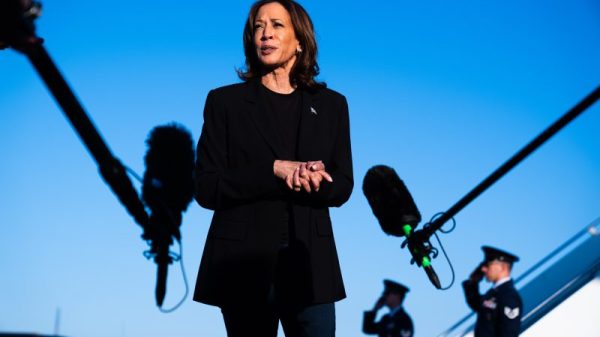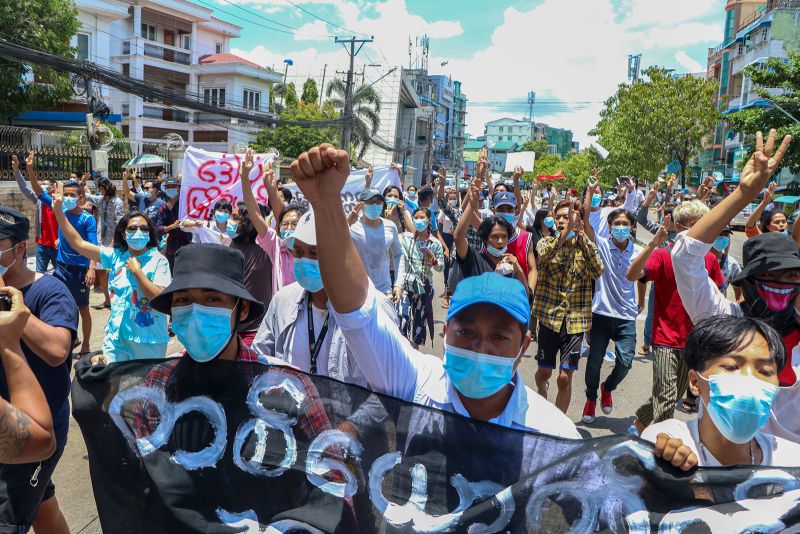In recent years, internet freedom has become a contentious issue globally, with violations of said freedom sending ripples across societies. According to the most recent Freedom House report, a particular country has seen a drastic deterioration in internet freedom, on par with China, where the internet is significantly censored and controlled. This radical transition has fueled concerns over the future health of democracy and free speech within the country.
China has long been notorious for its stringent internet censorship referred to as the Great Firewall of China. In China, the government exercises broad powers to block websites, monitor and suppress internet content, and punish people over postings that are found to be politically sensitive. As such, it has consistently ranked at the bottom of Freedom House’s annual Freedom Net report, which assesses internet access, freedom of expression, and privacy issues across various countries.
What is perhaps shocking is that another country, which was once celebrated as a democracy leader, now shares this same rank. The report findings indicate how serious the situation has become in light of the country’s attempted crackdown on internet freedom. The conundrum is underscored by policies seen as repressive, excessive surveillance, data privacy breaches, and restrictions on digital media.
While the name of this country isn’t available, the reasons for its slide into unfavourable territory are multifold. These include increased state surveillance, restrictions on social media usage, and a rise in laws that criminalize misinformation. This shift towards an authoritarian approach in controlling internet use has been viewed with considerable alarm by citizens and international observers alike.
Increased state surveillance is a serious issue that falls under the spotlight in the report. The rise of advanced surveillance technologies has enabled the government to monitor its citizens’ online activities closely. The proliferation of CCTV cameras, facial recognition technologies, and cyber patrols are some of the methods used by the government to keep a watchful eye on its citizens. This monitoring often breaches international human rights norms with intrusive surveillance undermining privacy rights.
Restrictions on social media usage have increased as well. These restrictions often come in the form of disabling vital communication platforms, throttling internet speeds, or blocking access to social media sites altogether. Such methods are detrimental to internet freedom as they hamper the free flow of information and communication among the citizenry. Moreover, they stifle voices of dissent and choke avenues for public discourse.
False information legislation is another significant factor causing consternation. Introduced ostensibly to counter the spread of fake news, these laws have been weaponized to stifle criticism against the government. They are often vague in their wording, enabling broad interpretations and arbitrary enforcement. Critics argue that they have been misused to criminalize critical speech and stifle dissent against the government, further curtailing the freedom of speech and expression.
Lastly, the country’s populace has expressed its discontent towards data privacy breaches, which have become increasingly prevalent. Government initiatives to centralize and harvest user data under the guise of national security have been met with scepticism. These actions contribute to an environment of fear and self-censorship, deteriorating the overall health of the country’s digital ecosystem.
In conclusion, the plunge of this country into the same category as China in terms of internet freedom is a warning sign. In a world increasingly shaped by digital discourse, blocking avenues for free conversation and expression only serves to weaken the democratic foundation the modern world is built on. The lessons learned from this study serve as a sobering reminder that countries must strike a balance between security and freedom when governing the digital landscape.




